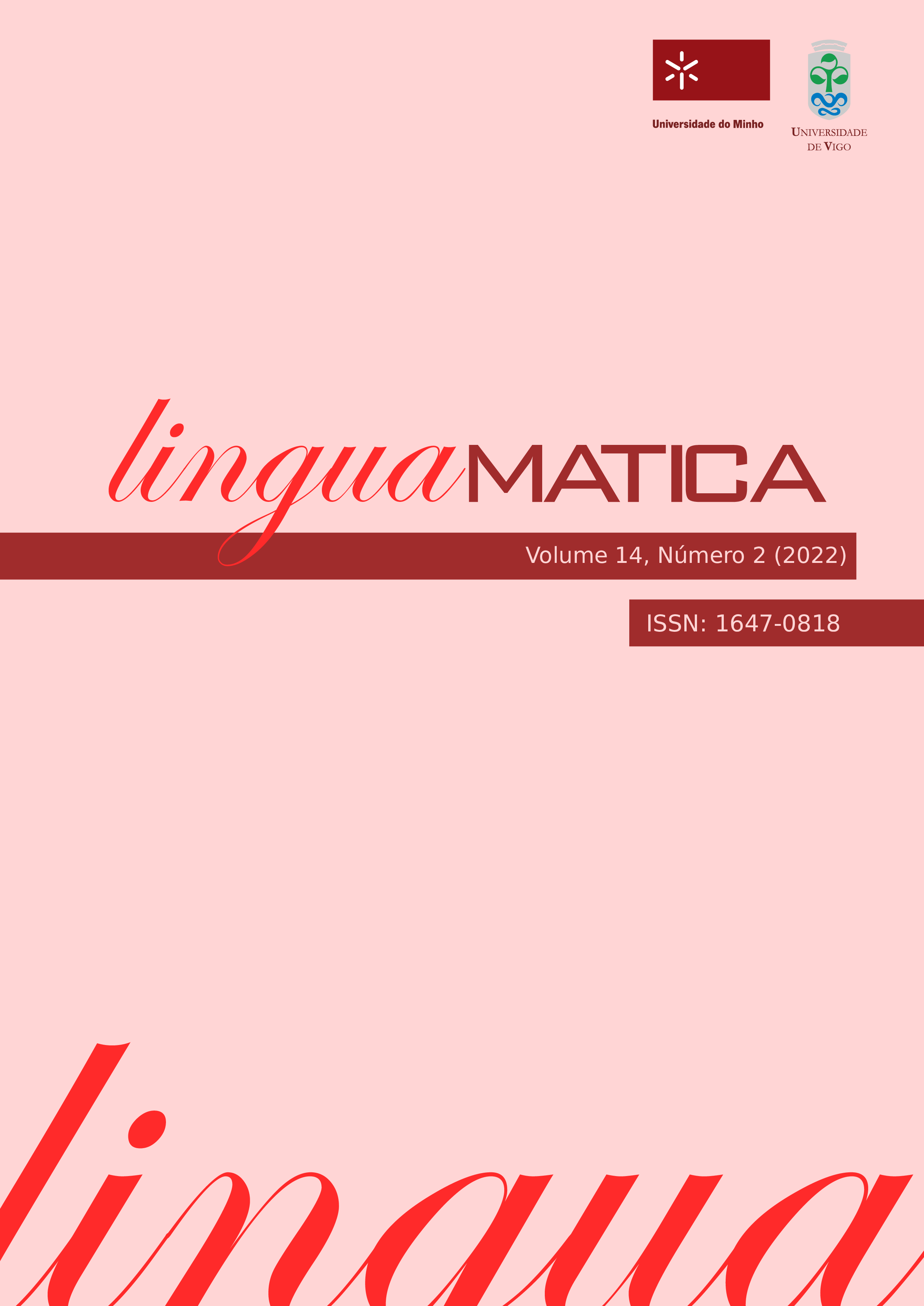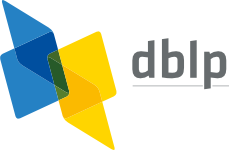PROPOE (prose to poetry)
computational generation of metrified poems from literary prose in Portuguese language
Abstract
The computational generation of what can be recognized as "verbal poetry" has been explored for many decades in many natural languages. But only recently developed projects have intensive application of computation, considering many levels of organization, linguistic and paralinguistic, phonological, rhythmic, syntactic, semantic, and even pragmatic. Here we present a computational poem generation system, PROPOE (Prose to Poem). It works in conjunction with a tool for "mining" versification structures in Portuguese prose, MIVES (Mining Verse Structure). PROPOE generates poems in Portuguese from versified sentences (heterometric versification structures) identified and classified by MIVES, and extracted from literary prose. PROPOE combines sentences, generating poems based on the optimization of rhythmic and phonological criteria. A greedy algorithm is applied to identify the best combination of sentences, considering rhythmic norms established for Portuguese. In a final step, an automated evaluation of the result is carried out, assigning a score according to the identification of patterns considered optimal in poems with regular metrics, based on rhythmic scheme and adequacy to rhyme structures.
Copyright (c) 2023 Ana Cleyge de Azevedo, João Queiroz, Angelo Loula

This work is licensed under a Creative Commons Attribution 4.0 International License.
Authors who publish with this journal agree to the following terms:
- Authors retain copyright and grant the journal right of first publication with the work simultaneously licensed under a Creative Commons Attribution License that allows others to share the work with an acknowledgement of the work's authorship and initial publication in this journal.
- Authors are able to enter into separate, additional contractual arrangements for the non-exclusive distribution of the journal's published version of the work (e.g., post it to an institutional repository or publish it in a book), with an acknowledgement of its initial publication in this journal.
- Authors are permitted and encouraged to post their work online (e.g., in institutional repositories or on their website) prior to and during the submission process, as it can lead to productive exchanges, as well as earlier and greater citation of published work (See The Effect of Open Access).













